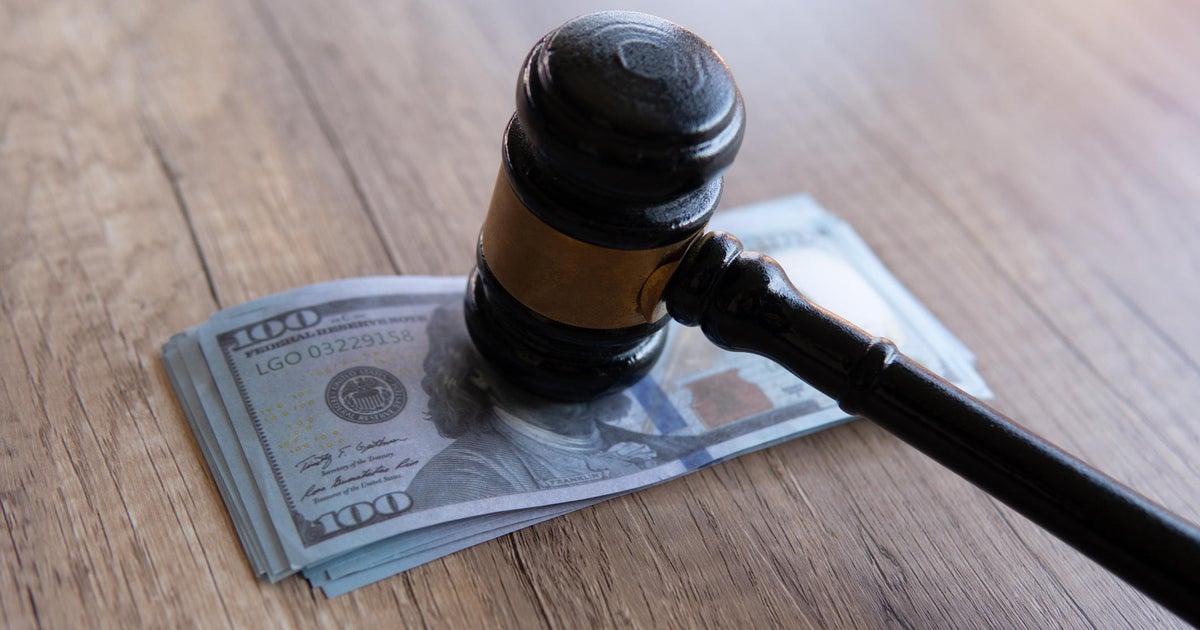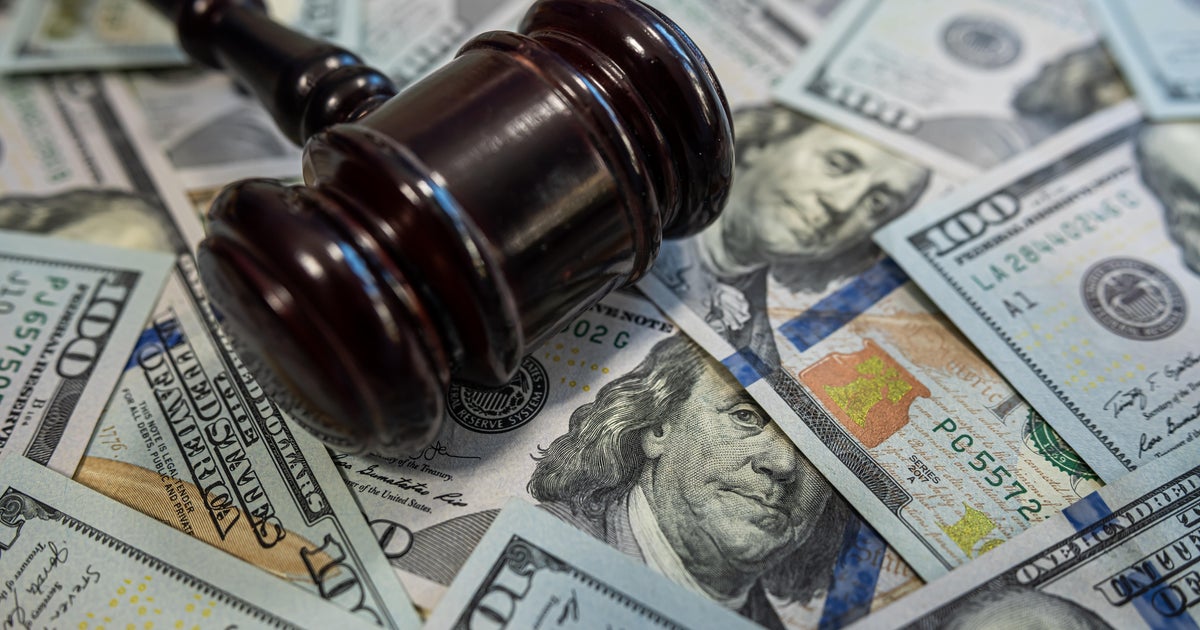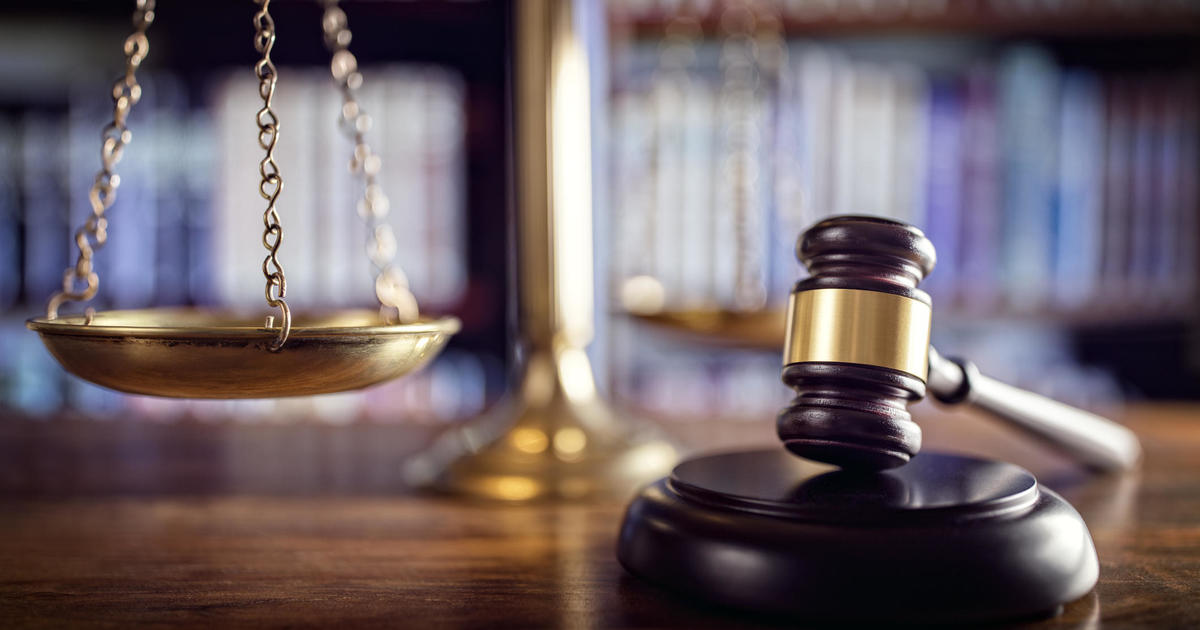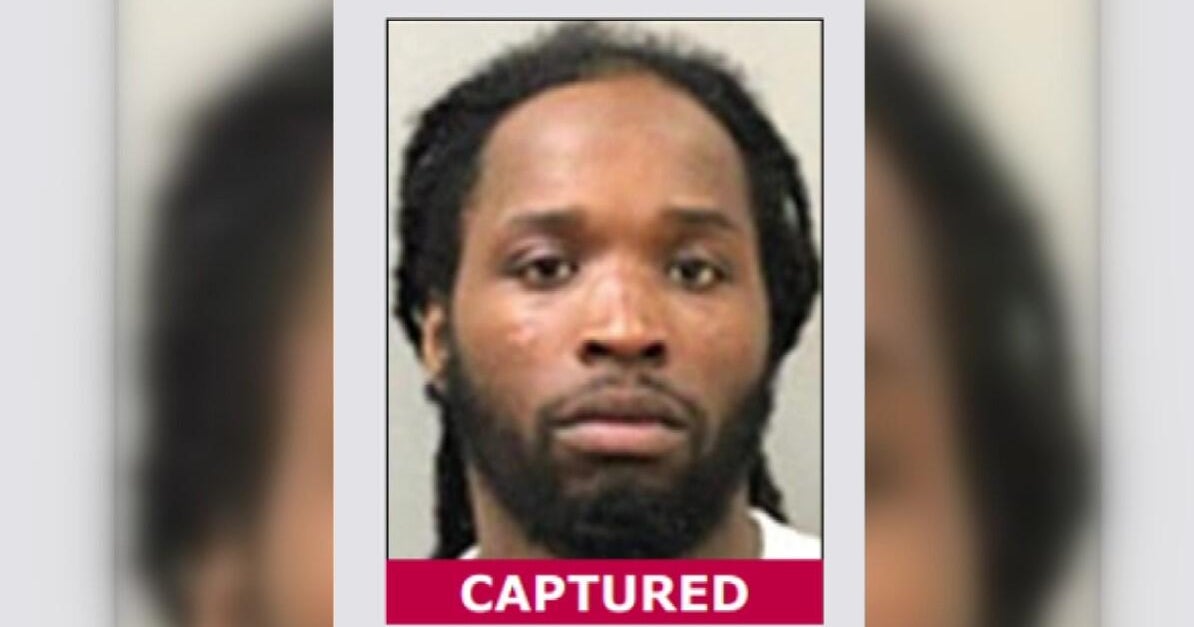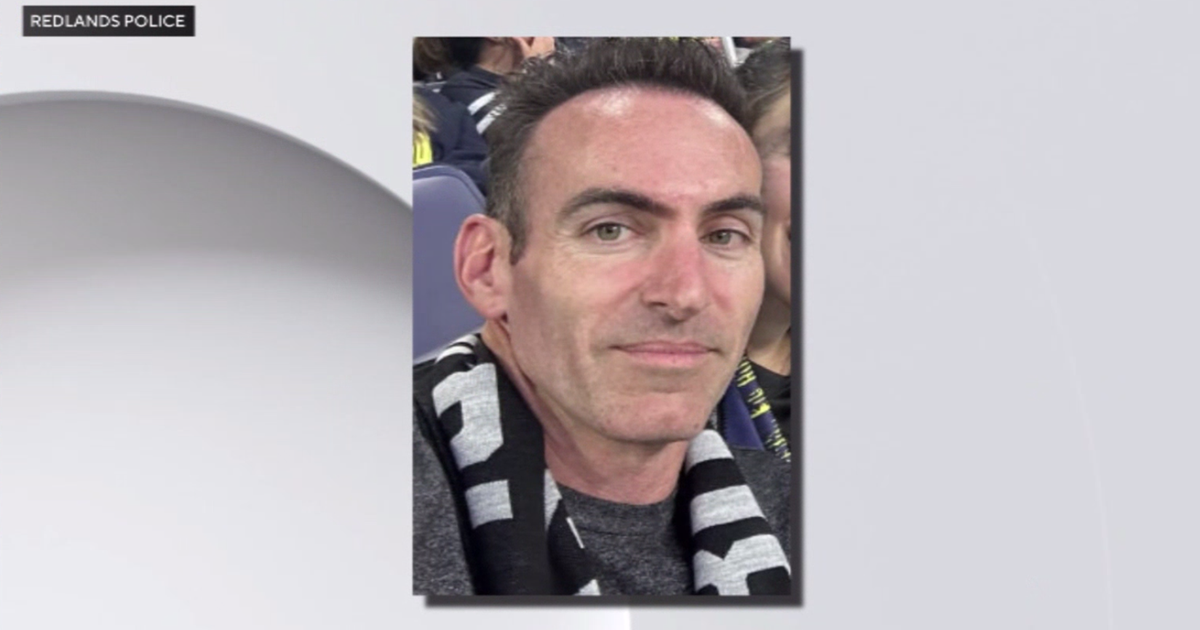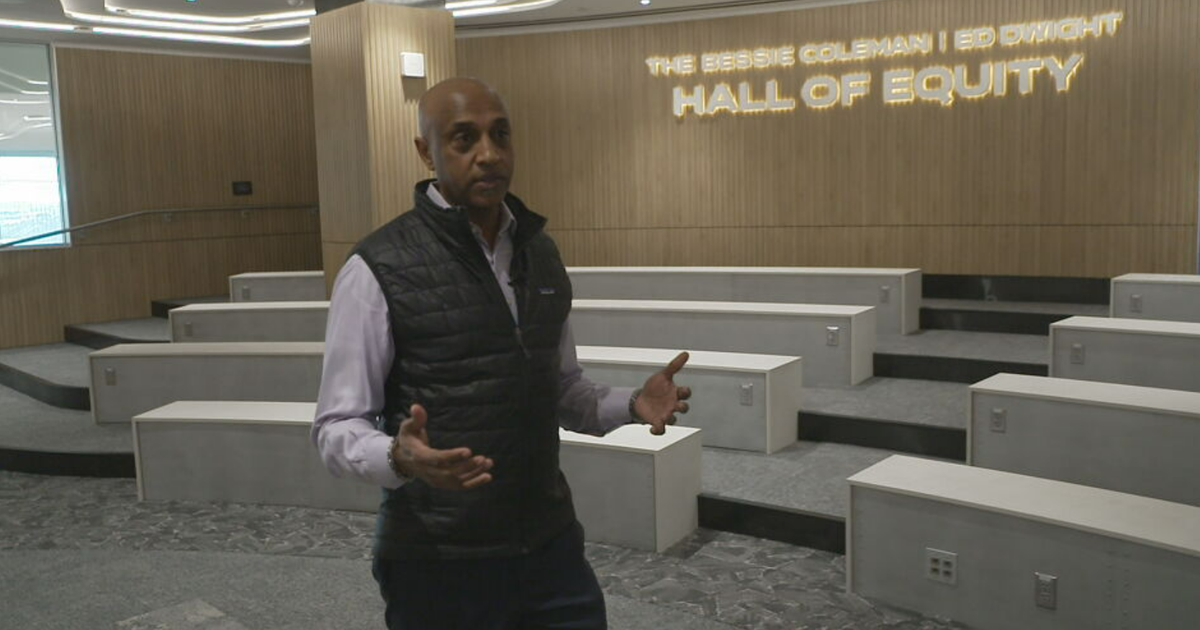Feds Indict Theranos Founder Elizabeth Holmes For Wire Fraud
SAN JOSE (CBS SF) -- A federal grand jury has indicted Theranos founder Elizabeth Holmes and Ramesh "Sunny" Balwani for their alleged roles in a multi-million-dollar scheme to defraud investors, doctors and patients.
Acting United States Attorney Alex G. Tse announced the charges along with the FBI, the FDA and the US Postal Service. Holmes and Balwani are charged with two counts of conspiracy to commit wire fraud and nine counts of wire fraud.
If convicted, they could face prison sentences that would keep them behind bars for the rest of their lives, and total fines of $2.75 million each.
According to the indictment, the charges stem from allegations Holmes and Balwani engaged in a multi-million dollar scheme to defraud investors, and a separate scheme to defraud doctors and patients. Both schemes involved efforts to promote their medical testing startup Theranos.
The 34-year-old Holmes dropped out of Stanford to found Theranos in 2003 and soon became the darling of Silicon Valley accumulating a personal wealth once estimated in the billions.
Theranos was a private health care and life sciences company with the stated mission to revolutionize medical laboratory testing through allegedly innovative methods for drawing blood, testing blood and interpreting the resulting patient data.
Holmes and Balwani signed up both Safeway and Walgreens into agreements to use Theranos testing equipment inside clinics within their stores.
Balwani, 53, of Atherton, was employed at Theranos from September of 2009 through 2016. At times during that period, Balwani worked in several capacities including as a member of the company's board of directors, as its president, and as its chief operating officer.
According to the indictment, Holmes and Balwani used advertisements and solicitations to encourage and induce doctors and patients to use Theranos's blood testing laboratory services, even though the defendants knew Theranos was not capable of consistently producing accurate and reliable results for certain blood tests.
The tests performed on Theranos technology, in addition, were likely to contain inaccurate and unreliable results.
The indictment alleges that the defendants used a combination of direct communications, marketing materials, statements to the media, financial statements, models, and other information to defraud potential investors.
Specifically, the defendants claimed that Theranos developed a revolutionary and proprietary analyzer that the defendants referred to by various names, including as the TSPU, Edison, or minilab.
The defendants claimed the analyzer was able to perform a full range of clinical tests using small blood samples drawn from a finger stick. The defendants also represented that the analyzer could produce results that were more accurate and reliable than those yielded by conventional methods—all at a faster speed than previously possible.
The indictment further alleges that Holmes and Balwani knew that many of their representations about the analyzer were false.
For example, Holmes and Balwani allegedly knew that the analyzer had accuracy and reliability problems, performed a limited number of tests, was slower than some competing devices, and in some respects could not compete with existing, more conventional machines.
"This district, led by Silicon Valley, is at the center of modern technological innovation and entrepreneurial spirit; capital investment makes that possible," Tse said in a statement. "Investors large and small from around the world are attracted to Silicon Valley by its track record, its talent, and its promise."
"Today's indictment alleges that through their company, Theranos, CEO Elizabeth Holmes and COO Sunny Balwani not only defrauded investors, but also consumers who trusted and relied upon their allegedly-revolutionary blood-testing technology."
The defendants allegedly represented to investors that Theranos had a profitable and revenue-generating business relationship with the United States Department of Defense and that Theranos's technology had deployed to the battlefield -- a claim that was false.
The Securities and Exchange Commission brought civil fraud charges against Holmes and Balwani three months ago. Holmes settled with the SEC, agreeing to pay $500,000 in fines and penalties. Balwani, 53, is fighting the charges.
As the charges were announced Friday, Theranos said Holmes would step down as CEO of the company and its general counsel, David Taylor, would become the company's next CEO. Theranos laid off most of its staff earlier this year and is widely expected to file for bankruptcy. Holmes remains the company's chairman.
The company did not immediately respond to a message seeking comment on Friday's indictments.
© Copyright 2018 CBS Broadcasting Inc. All Rights Reserved. The Associated Press contributed to this report
